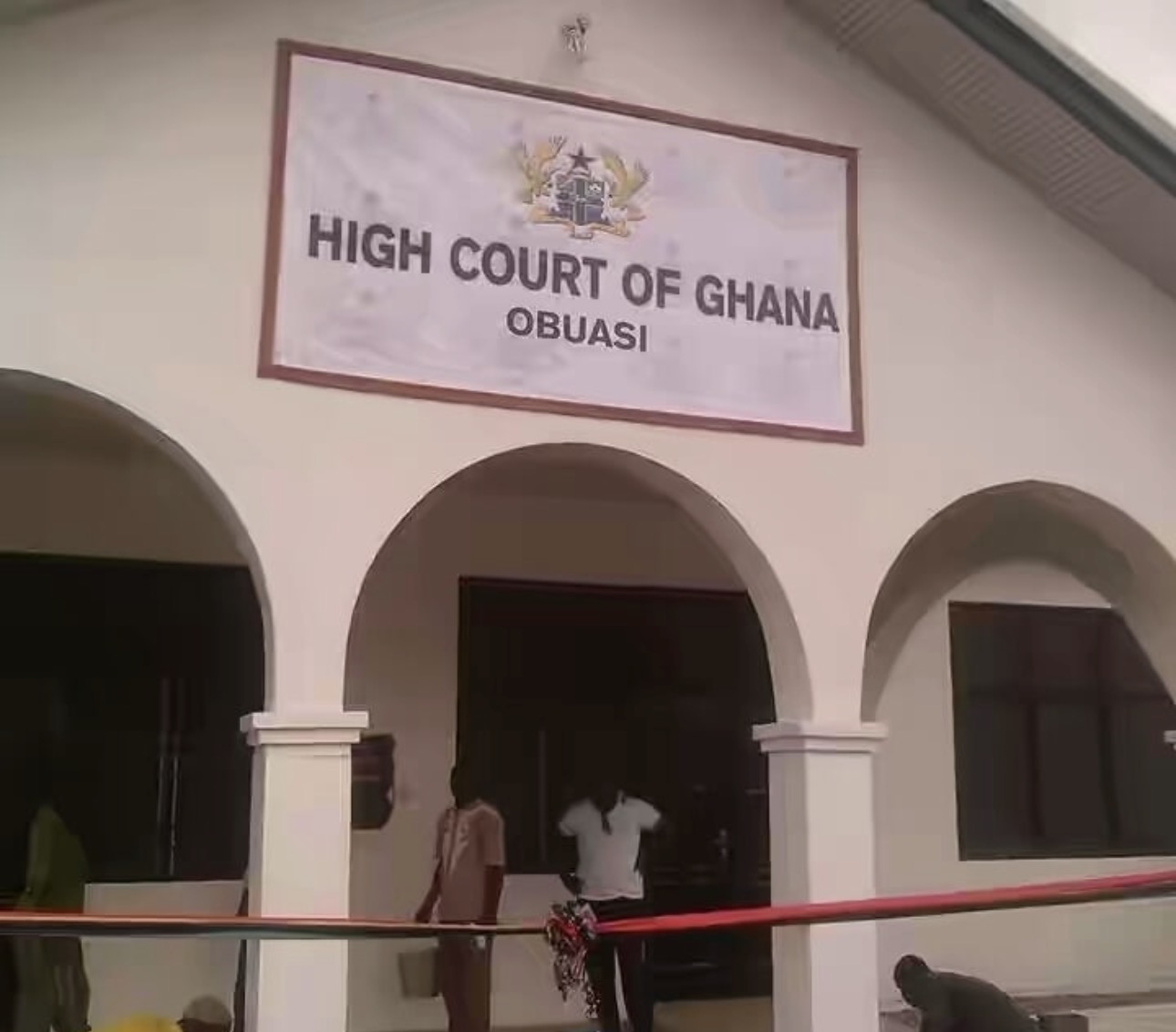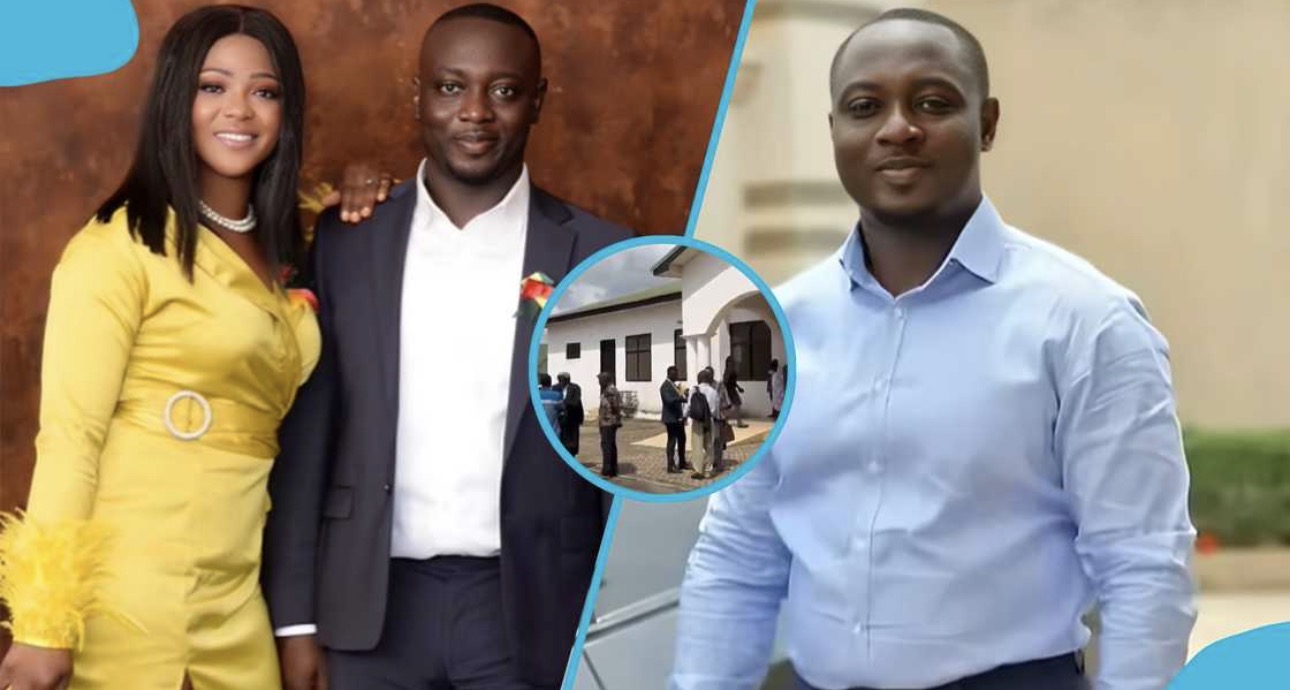Family of Late Samuel Aboagye Sues Widow Over DNA Test Refusal

The family of the late Deputy Director-General of the National Disaster Management Organisation (NADMO), Samuel Aboagye, has initiated legal proceedings against his U.S.-based widow, Abigail Salami (also known as Abigail Aboagye), accusing her of refusing to submit their child for a DNA test. The action takes place in the Obuasi District Court and forms part of efforts to assist in the identification of the remains of victims of the 6 August 2025 helicopter crash.
Background
Samuel Aboagye was among eight people killed when a Ghana Air Force Z-9 helicopter crashed near Obuasi while they were on official duty. His family report that in the process of identifying remains, authorities requested DNA samples from next of kin. According to the family, the widow submitted samples from the older daughter but declined to submit her younger daughter for testing.
What the Case Alleges
- The family’s legal challenge alleges that Abigail Salami ignored multiple requests to present the younger daughter for DNA verification despite repeated follow-ups.
- The matter was brought before the Obuasi District Court on 11 November 2025. The case has been adjourned to 23 December 2025 for further hearing.
- The family claims that the refusal to comply raises concerns and has prompted them to seek a court order to compel the test.

Significance & Responses
This dispute highlights two major issues: the emotional and procedural challenges faced by families of victims in mass-fatality incidents, and the legal avenues available to next-of-kin when identification processes become contested. The family contends that full cooperation is essential to bring closure, while the widow’s position (as publicly reported) remains less detailed in the media at this time.

What Happens Next
- The court will assess whether the widow is legally obliged to present her child for the DNA test and determine any enforcement measures.
- The outcome may also influence how authorities manage future identification processes in similar tragedies.
- It remains to be seen whether the widow will provide her side of the story publicly or through court submissions.
Why It Matters to Ghana
For Ghana, the case underscores the importance of clear protocols for DNA-based identification in disaster scenarios. It also serves as a reminder of the often-long and complex road to closure for bereaved families, especially in cases involving public or national tragedies.

